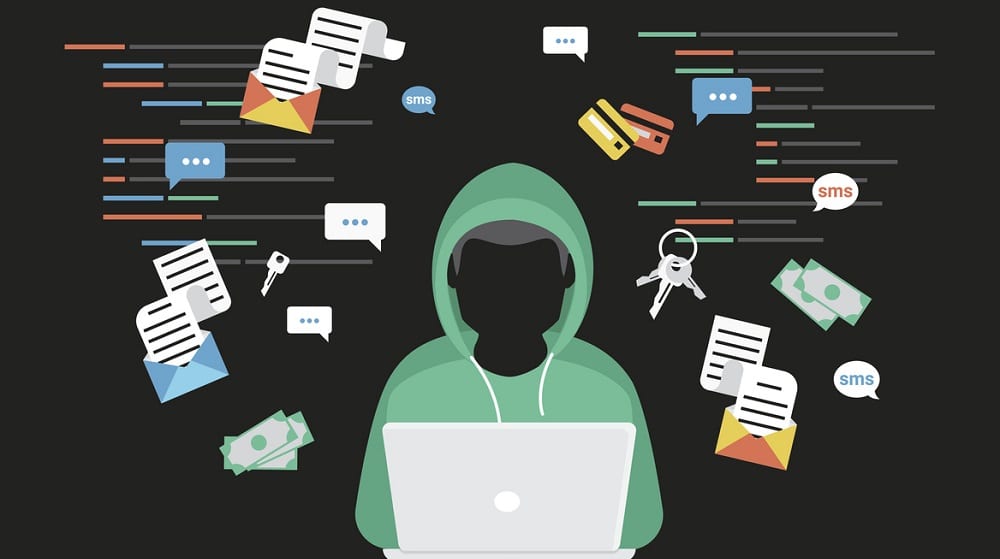Why is security so important to a positive customer experience these days?

In 2021, what does "excellent customer service" mean to you? When you walk into a store, do you get a friendly greeting? Quickly resolving any delivery issues? Or is it possible that the organization you've entrusted with your data is adhering to strict security and privacy policies?
Digital technology hasn't been a matter of great attention in a long time. Product debuts, commercial agreements, and new technologies were originally only covered by trade publications; now, it's difficult to find a mainstream daily that doesn't contain a technology section. We've grown accustomed to the notion that when the tech titans speak, everyone pays attention.
Related: Small Business Network Security Checklist
However, it has now become evident that the internet has moved another step closer to the center of public discourse. While new products and technological developments are still (usually) held in separate areas of the media or tacked on to the end of TV programming, technology-related concerns frequently make the top page.
Outside observers have spent decades regarding hacking and attacks as esoteric, as a faraway problem that only technologists understand and must deal with. Meanwhile, customers were left to hope that any issues would be resolved quickly – whether it was waiting for access to their data to be restored or trying to get into a website the next day.
Need Secured Internet For Your Business?
Call us Today at 1-888-317-7540
Cybersecurity is now everything
Several recent headlines have highlighted the fact that such days are, or should be, over. Ransomware assaults have disrupted the operations of pipelines, food producers, and the health sector in only the last two months. This has been seen by many as a story about the global nature of cybercrime and accusations that cryptocurrencies are enabling new forms of attacks.
However, for populations who rely on the targeted organizations, cyber-attacks can mean higher gas prices on their way to work or product shortages at their weekly grocery store. We know that analyzing ransomware like DarkSide, or the many other groups attacking industries like manufacturing, oil, and gas, and healthcare piques a lot of technical curiosity. However, we must never lose sight of the fact that the focus is not on how these attacks operate, but on how we can prevent the real-world consequences they have on people's lives.
These are extreme examples: they are extremely valuable targets that criminal gangs will go to great efforts to disrupt, and they have national ramifications if they are harmed. Online retail and customer service are two examples of services that can be disrupted in the same way. However, the fact that they were ransomware assaults makes no difference to the consumers who use these services. What matters is the breach of confidence and the consequences of service loss, whether due to attacks, accidents, or mismanagement.
A pleasant user interface isn't the only thing that matters when it comes to providing a positive customer experience.
Examples like these are why I believe we should view cybersecurity as a much broader foundation than we currently do, encompassing not only a company's IT architecture but also its reputation, revenue, and, yes, customer experience.
Customer experience is typically the major differentiation between competing enterprises in crowded markets. A better, more premium customer experience has been at the heart of much of the upheaval we've seen in many industries as a result of the expansion of digital and online technologies. Economies have sprung up around making it easy to hire taxis, listen to music, and buy meals.
As consumers want better, simpler experiences, they will (and should, in my opinion) begin to pay closer attention to how firms respond to such occurrences and maximize service levels. When weighing their options, customers should look for the following items:
Is the firm adhering to (or even exceeding) data privacy regulations, and is this information presented in a clear and intelligible manner to its customers?
Is the company upfront about who they share your information with and why before you provide it to them?
When there has been a security breach, has the company remained open?
Meanwhile, businesses should consider how their cybersecurity initiatives might contribute to customer trust. We can all assist to make the public more aware of how they can ensure they can fully rely on the services they rely on by communicating clearly about the defensive measures we take – and, crucially, framing them in terms of the outcomes they have on people's lives, not simply the technical specifics.
Related Posts
Wed, Apr 22, 2020 11:34 PM
Find Verizon Internet for Business Near You!
Verizon provides Internet for business in more than 40 states in the US, speeds are limited to 15 Mbps, and many businesses will need more juice. If you're in the Northeast, you can enjoy high-speed Internet via Verizon's FiOS. This is ideal for businesses that need high speeds, such as restaurants, hotels, medical facilities, hospitals, schools, and other businesses.
Thu, Apr 23, 2020 12:00 AM
5 Best Small Business Internet Service Providers (2021)
The following Internet Service Providers are not listed in any particular order, but we have ranked these five companies as worthwhile due to some key factors such as speed, reliability, cost, and overall customer satisfaction.
Mon, Apr 20, 2020 11:13 PM
Business Internet Guides for Entrepreneurs
Small businesses need to grow, but how big should your business become before you buy it online? Whether you started out as a sideshow or a brick-and-mortar business, successful small businesses are finding it increasingly difficult to decide when to shell out money for an Internet business.
Thu, Apr 23, 2020 11:52 PM
Why Business Internet is More Expensive Than Residential Internet
This question is asked so often today that it seems worth explaining, but here are 5 reasons why business Internet is more expensive than Residential Internet packages.
Fri, Apr 24, 2020 5:17 AM
Comcast Internet For Business: Internet, Phone, TV, and Other Solutions for your Business.
Comcast Business is US largest cable provider for small and medium-sized businesses and has become a force in the market, recognized by leading industry over the past two years as one of the fastest-growing providers of high-speed broadband to business customers




